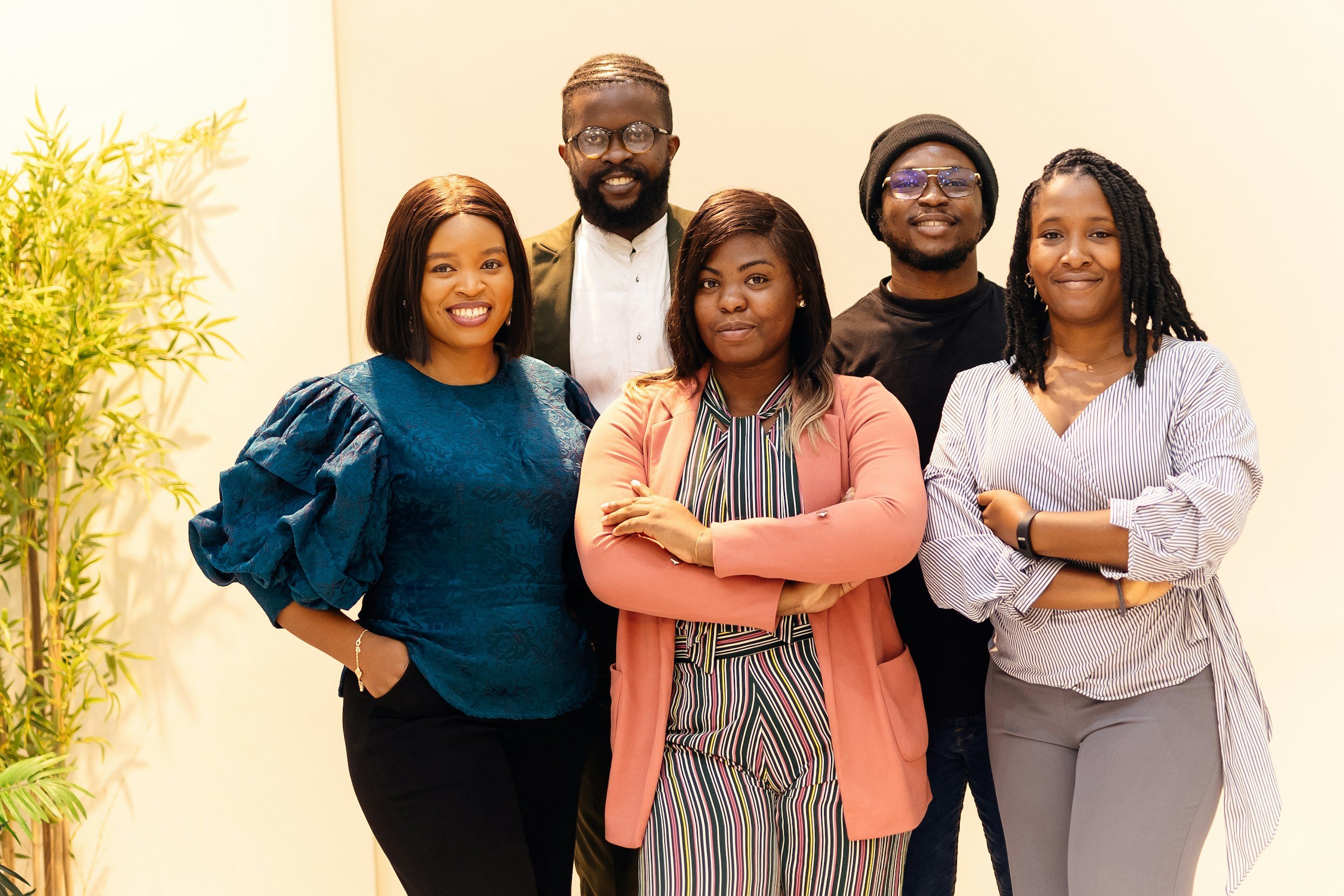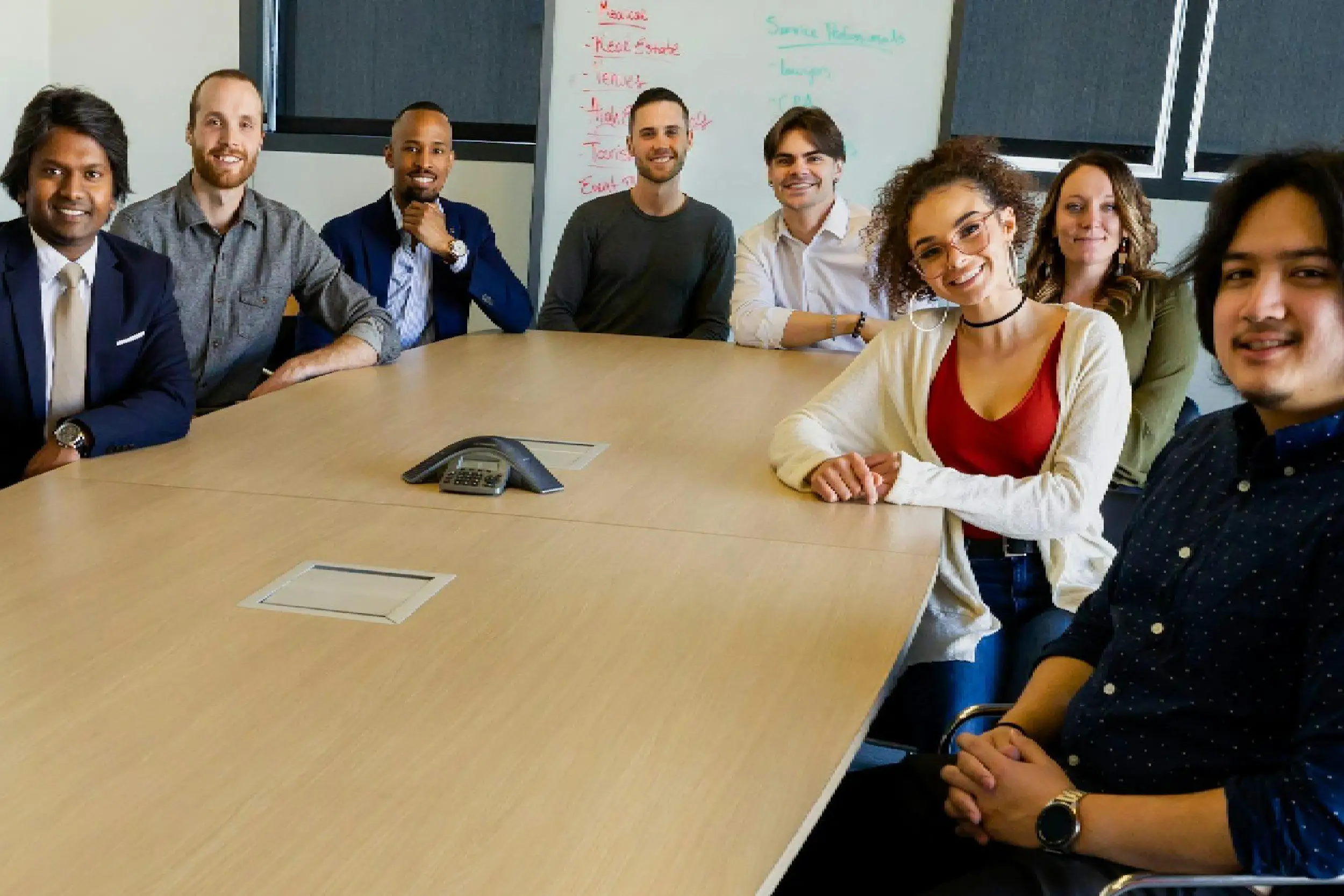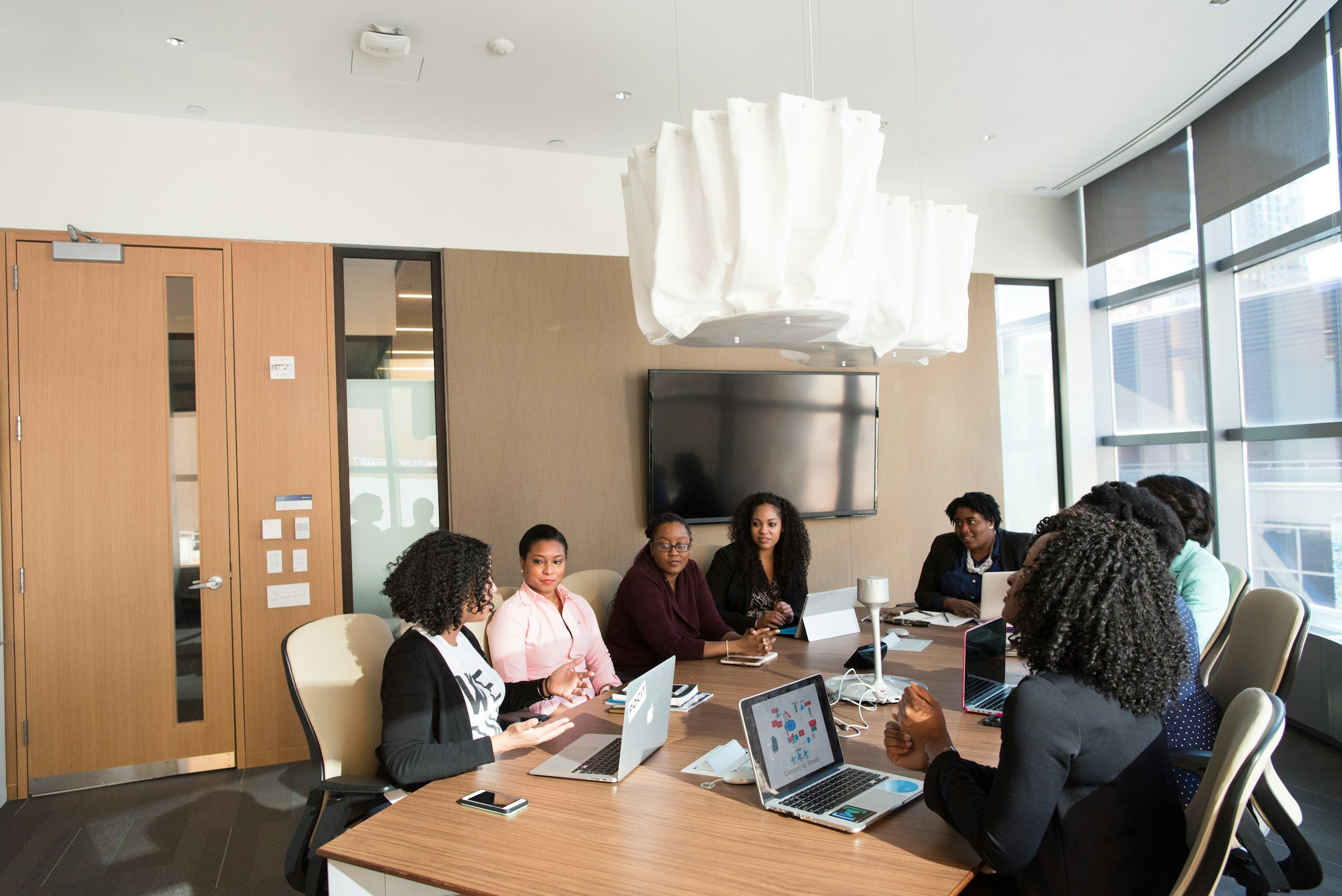Written By Tracey Pennywell I CEO – HBCU Heroes I DEI Strategist I Career Coach I Author

In today’s hyper-competitive hiring landscape, traditional recruiting just doesn’t cut it anymore, especially when it comes to engaging Gen Z talent from underrepresented backgrounds.
The post-and-pray method?
Job boards and career sites?
Mass resume screening?
They’re not enough.
If your company wants to attract and retain high-performing, diverse talent— particularly from HBCUs and first-gen college communities— it’s time to rethink how you recruit.
The future of talent engagement isn’t transactional.
It’s relational.
What’s Not Working Anymore
Gen Z is the most diverse generation in U.S. history. They’re digital natives, purpose-driven, and expect authenticity— not algorithms.
But here are the problems:
- Only 1.6% of Fortune 500 CEOs are Black, and students see that gap.
- About 50% of Black college grads are unemployed or underemployed in their first year post-graduation.
- 82% of Gen Z want to work under a boss who cares about them and can relate to them beyond work.
So, why are most companies still relying on impersonal job boards and automated hiring platforms to engage them?
The result? Missed opportunities, low application rates from diverse candidates, and disconnects between companies and the communities they say they want to reach.
Relational Recruiting = Real Connection + Real ROI
Relational recruiting is about more than just hiring.
It’s about investing in relationships before the job ever opens up.
That’s where corporate volunteerism, especially mentorship programs, becomes a game-changer.
When your employees volunteer with HBCU Heroes to mentor students, lead resume workshops, or participate in virtual career fairs, they’re doing more than giving back. They’re helping your company:
- Build trust and brand visibility within HBCU and first-gen communities;
- Develop early talent pipelines by identifying and nurturing high-potential candidates; and
- Show up authentically— not just with job listings, but with real people and real stories.
People don’t apply to logos. They apply to relationships.
Corporate Volunteerism = The New Recruiter Branding
Let’s be clear: volunteerism isn’t just about social impact anymore. It’s a competitive advantage.
In fact:
- 88% of Gen Z job seekers consider a company’s commitment to DEI a key factor in their decision to apply.
- 80% of jobs are filled through personal and professional connections, highlighting that meeting and networking with company representatives greatly improves the chances students will apply to those companies.
- 57% of employees who volunteer regularly say they’re likely to recommend their companies to a friend.
When your employees step into mentorship roles— even for just an hour, they become ambassadors of your culture, values, and vision.
It humanizes your brand.
And Gen Z is paying attention.
How HBCU Heroes Makes It Easy for You
We know you’re busy. We also know how hard it can be to build authentic relationships with early career talent at scale.

That’s where HBCU Heroes steps in. We partner with leading corporations to co-create:
- Tailored virtual mentorship sessions;
- Résumé and LinkedIn workshops;
- Financial literacy and career prep webinars; and
- Speed networking and mock interview days.
We handle the logistics, production, and promotion.
You show up, mentor incredible students, and build your future talent pipeline while you’re at it.
Ready to Move From Posting to Partnering?
If your company is serious about diverse early talent and building a more equitable workforce, now is the time to act.
Stop waiting for diverse candidates to come to you. Start showing up where they already are— with purpose, presence, and partnership.
Relational recruiting is how you win hearts and hires. And we’re here to help you do just that.
Let’s talk! Contact us at traceypennywell@hbcuheroes.org to schedule a 15-minute strategy session and explore how your corporate volunteers can make an immediate impact— all while growing your talent pipeline.









